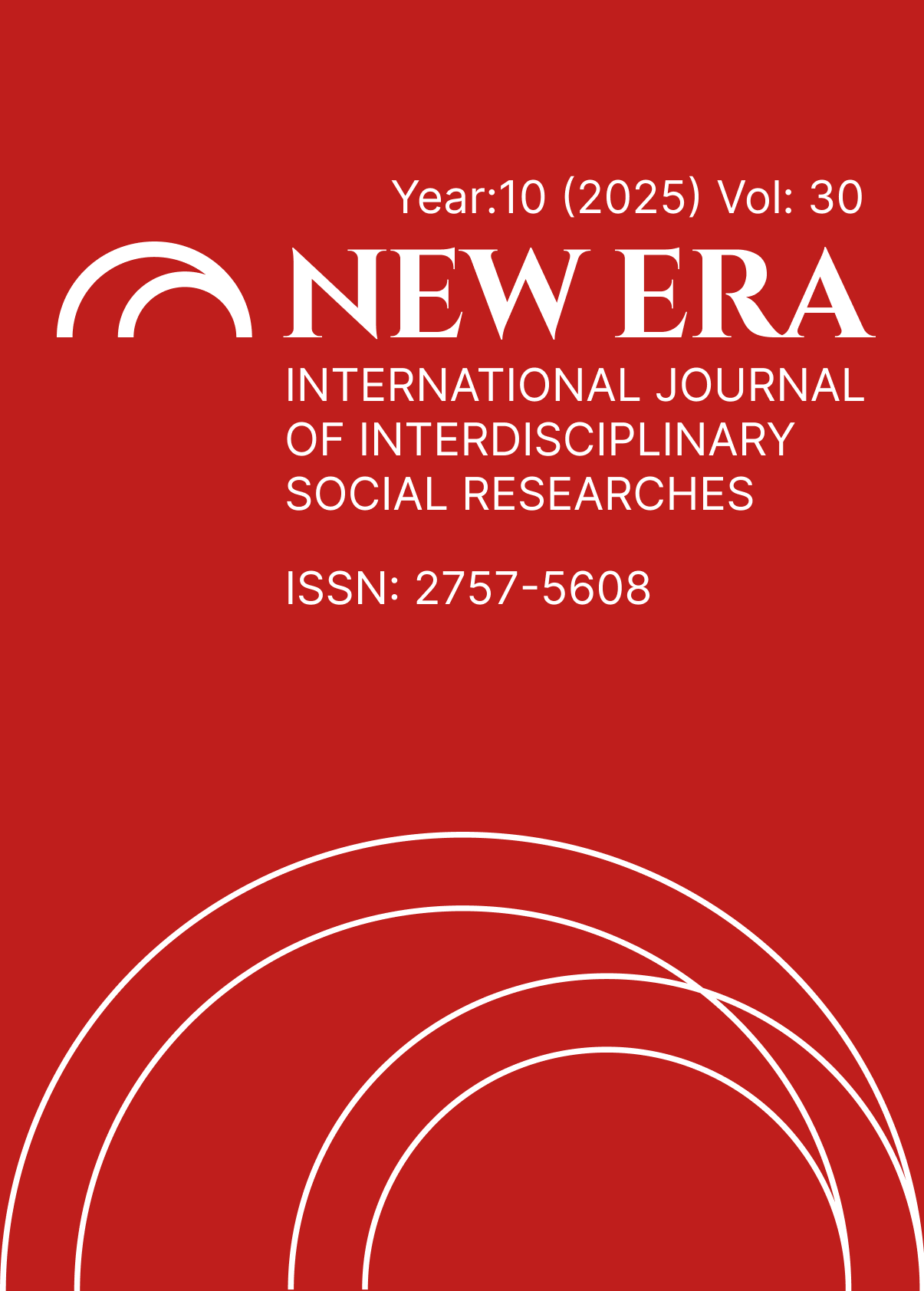YEŞİL AKLAMA: ETKİSİNİN, STRATEJİLERİNİN VE SONUÇLARININ ANALİZİ
DOI:
https://doi.org/10.5281/zenodo.17391632Anahtar Kelimeler:
Yeşil aklama, kurumsal sosyal sorumluluk, Sürdürülebilirlik, Tüketici güveni, Düzenleme, pazarlama etiğiÖzet
Yeşil aklama, sürdürülebilirlik söyleminde ve kurumsal sosyal sorumluluk uygulamalarında kritik bir sorun olarak ortaya çıkmıştır. Bu makale, yeşil aklamanın tanımını, türlerini ve stratejilerini belirleyerek ve tüketiciler, işletmeler ve çevresel sonuçlar üzerindeki sonuçlarını araştırarak kapsamlı bir inceleme sunmaktadır. Disiplinler arası araştırmaların incelenmesi yoluyla, bu çalışma düzenleyici ortamı analiz eder ve paydaşlara yeşil aklamayı etkili bir şekilde azaltmaları için öneriler sunar. Vaka çalışmaları, fenomeni endüstriler genelinde göstermek, yaygın doğasını ve toplumsal etkilerini vurgulamak için kullanılır.
Referanslar
Chen, Y.-S., & Chang, C.-H. (2013). Greenwash and green trust: The mediation effects of green consumer confusion and green perceived risk. Journal of Business Ethics, 114(3), 489–500. https://doi.org/10.1007/s10551-012-1360-0
Delmas, M. A., & Burbano, V. C. (2011). The drivers of greenwashing. California Management Review, 54(1), 64–87. https://doi.org/10.1525/cmr.2011.54.1.64
European Commission. (2023). Proposal for a Directive on substantiating green claims. Retrieved from https://ec.europa.eu
Federal Trade Commission (FTC). (2012). Guides for the use of environmental marketing claims. Retrieved from https://www.ftc.gov
Hotten, R. (2015). Volkswagen: The scandal explained. BBC News. Retrieved from https://www.bbc.com
Leonidou, C. N., & Skarmeas, D. (2017). Gray shades of green: Causes and consequences of green skepticism. Journal of Business Ethics, 144(2), 401–415. https://doi.org/10.1007/s10551-015-2829-4
Lyon, T. P., & Maxwell, J. W. (2011). Greenwash: Corporate environmental disclosure under threat of audit. Journal of Economics & Management Strategy, 20(1), 3–41. https://doi.org/10.1111/j.1530-9134.2010.00282.x
Lyon, T. P., & Montgomery, A. W. (2015). The means and end of greenwash. Organization & Environment, 28(2), 223–249. https://doi.org/10.1177/1086026615575332
TerraChoice. (2010). The sins of greenwashing: Home and family edition. Retrieved from https://sinsofgreenwashing.org
Marti, E., & Scherer, A. G. (2022). Financializing corporate social responsibility: A sociological approach to greenwashing. Academy of Management Review, 47(1), 1–25. https://doi.org/10.5465/amr.2020.0055
Parguel, B., Benoît-Moreau, F., & Larceneux, F. (2011). How sustainability ratings might deter “greenwashing”: A closer look at ethical corporate communication. Journal of Business Ethics, 102(1), 15–28. https://doi.org/10.1007/s10551-011-0901-2
Schmuck, D., Matthes, J., & Naderer, B. (2018). Misleading consumers with green advertising? An empirical investigation of the effects of misleading claims in green advertising. Journal of Advertising, 47(2), 127–145. https://doi.org/10.1080/00913367.2018.1452652
Spence, M. (1973). Job market signaling. Quarterly Journal of Economics, 87(3), 355–374. https://doi.org/10.2307/1882010
Suchman, M. C. (1995). Managing legitimacy: Strategic and institutional approaches. Academy of Management Review, 20(3), 571–610. https://doi.org/10.5465/amr.1995.9508080331
Zhang, H., Luo, X., & Wang, Y. (2023). Signaling environmental responsibility: Greenwashing and its impacts on firm value. Journal of Business Research, 158, 113649. https://doi.org/10.1016/j.jbusres.2022.113649
İndir
Yayınlanmış
Nasıl Atıf Yapılır
Sayı
Bölüm
Lisans
Telif Hakkı (c) 2025 NEW ERA INTERNATIONAL JOURNAL OF INTERDISCIPLINARY SOCIAL RESEARCHES

Bu çalışma Creative Commons Attribution-NonCommercial 4.0 International License ile lisanslanmıştır.


